
Galle: The Jewel of Sri Lanka's Southern Coast
Galle, a beautiful coastal city in Sri Lanka, is a perfect blend of history, culture, and natural beauty. Its most famous landmark, the Galle Fort, is a UNESCO World Heritage site that dates back to the 16th century. As you walk through its cobblestone streets, you'll find a mix of colonial-era buildings, trendy cafes, and local boutiques, all set against the stunning backdrop of the Indian Ocean. The city is not just about historical attractions. Galle's vibrant markets, bustling with local produce and handicrafts, offer a glimpse into the daily life of its residents. The nearby beaches, such as Unawatuna and Hikkaduwa, are ideal for sunbathing, swimming, and snorkeling. If you're a nature lover, the Kanneliya Rainforest Reserve is just a short drive away, offering lush greenery and a variety of wildlife. Galle is also a food lover's paradise. From fresh seafood to traditional Sri Lankan curries, the local cuisine is sure to tantalize your taste buds. The city's multicultural history means you can enjoy a diverse array of culinary delights, making every meal an adventure in itself. Whether you're exploring ancient forts, relaxing on pristine beaches, or indulging in delicious food, Galle promises an unforgettable experience for every traveler.
Local tips in Galle
- Visit Galle Fort early in the morning to avoid crowds and enjoy cooler temperatures.
- Try the local street food, especially the seafood dishes, for an authentic taste of Galle.
- Wear comfortable walking shoes as the cobblestone streets of Galle Fort can be uneven.
- Visit the National Maritime Museum to learn more about the city's maritime history.
- Carry a bottle of water and sunscreen, especially if you plan to explore the beaches.
Galle: The Jewel of Sri Lanka's Southern Coast
Galle, a beautiful coastal city in Sri Lanka, is a perfect blend of history, culture, and natural beauty. Its most famous landmark, the Galle Fort, is a UNESCO World Heritage site that dates back to the 16th century. As you walk through its cobblestone streets, you'll find a mix of colonial-era buildings, trendy cafes, and local boutiques, all set against the stunning backdrop of the Indian Ocean. The city is not just about historical attractions. Galle's vibrant markets, bustling with local produce and handicrafts, offer a glimpse into the daily life of its residents. The nearby beaches, such as Unawatuna and Hikkaduwa, are ideal for sunbathing, swimming, and snorkeling. If you're a nature lover, the Kanneliya Rainforest Reserve is just a short drive away, offering lush greenery and a variety of wildlife. Galle is also a food lover's paradise. From fresh seafood to traditional Sri Lankan curries, the local cuisine is sure to tantalize your taste buds. The city's multicultural history means you can enjoy a diverse array of culinary delights, making every meal an adventure in itself. Whether you're exploring ancient forts, relaxing on pristine beaches, or indulging in delicious food, Galle promises an unforgettable experience for every traveler.
When is the best time to go to Galle?
Iconic landmarks you can’t miss
Galle Dutch Fort
Explore Galle Dutch Fort, a UNESCO World Heritage Site, where history, culture, and stunning ocean views come together for an unforgettable experience.
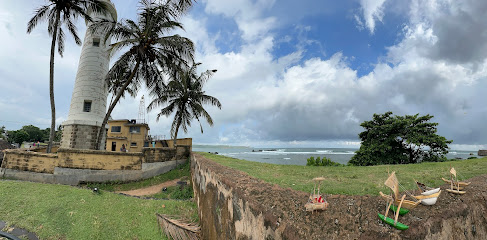
Lighthouse - Galle
Discover the historical Lighthouse of Galle, a stunning landmark that embodies Sri Lanka's rich maritime heritage and offers breathtaking coastal views.
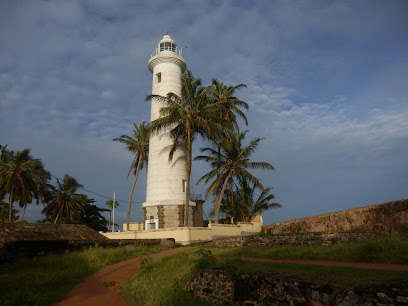
Galle Fort Clock Tower
Explore the historic Galle Fort Clock Tower, a stunning landmark that reflects the rich colonial history and breathtaking views of Galle, Sri Lanka.
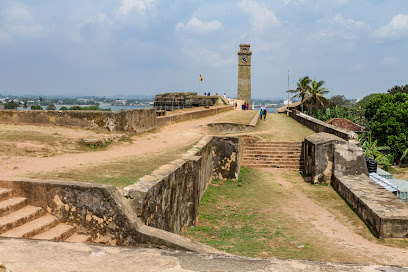
Galle Fort Attractions and Jumpers Sri Lanka
Discover the historical treasure of Galle Fort, a UNESCO World Heritage site brimming with colonial charm, rich culture, and stunning ocean views.
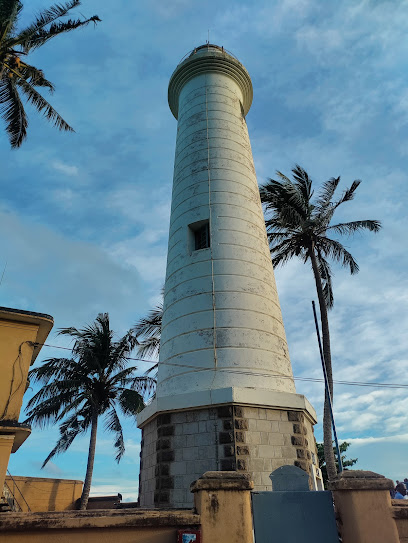
Sea Turtle Hatchery Centre, Mahamodara
Explore the Mahamodara Sea Turtle Hatchery in Galle, where conservation meets education, and witness the incredible journey of sea turtles.
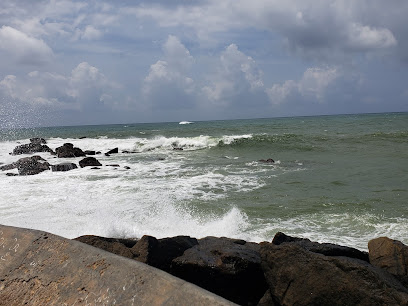
Maritime Museum
Explore Sri Lanka's rich maritime history at the Galle Maritime Museum, with captivating exhibits and a charming colonial atmosphere.
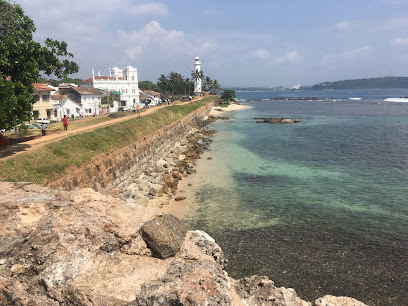
Flag Rock Bastion | Galle Dutch Fort
Discover the rich history and stunning views at Flag Rock Bastion, a key highlight of Galle Dutch Fort, Sri Lanka's colonial marvel.
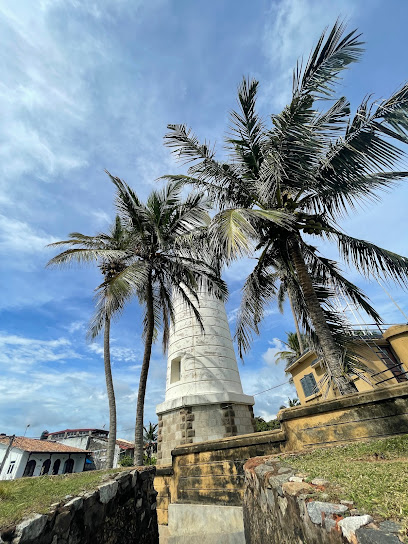
Dutch Reformed Church
Discover the rich colonial history of Galle at the Dutch Reformed Church, a stunning architectural landmark and serene tourist attraction.
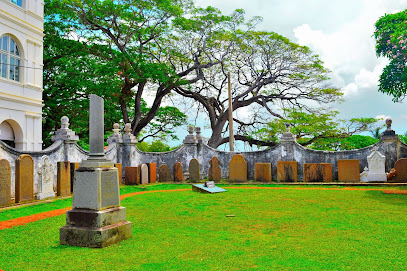
National Museum Galle
Discover the rich history and cultural heritage of Sri Lanka at the National Museum in Galle, showcasing ancient artifacts and engaging exhibits.
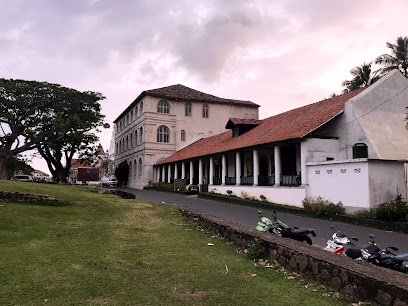
Galle Fort Ambalama
Discover the rich colonial history and stunning architecture at Galle Fort Ambalama, a must-visit historical landmark in Sri Lanka.
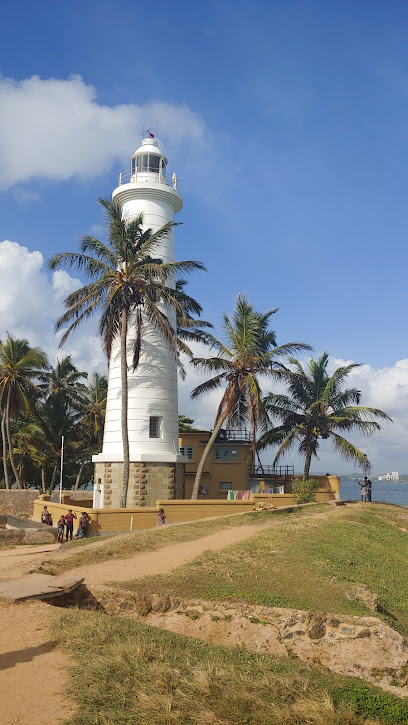
Historical Mansion Museum
Explore Galle's rich history at the Historical Mansion Museum, a captivating journey through Sri Lanka's colonial past and vibrant culture.
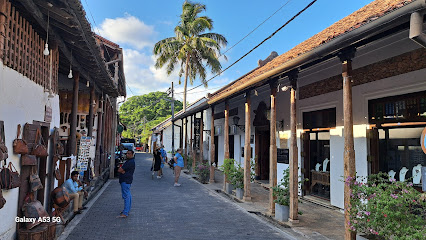
Laksala
Discover the heart of Sri Lankan craftsmanship at Laksala, Galle's premier gift shop for authentic souvenirs and traditional handicrafts.
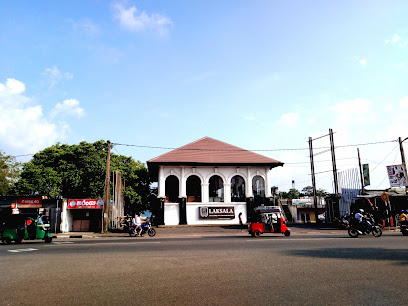
Kanneliya Rainforest Srilanka
Explore the lush biodiversity and serene beauty of Kanneliya Rainforest, a UNESCO Biosphere Reserve in Sri Lanka, perfect for nature lovers and adventure seekers.
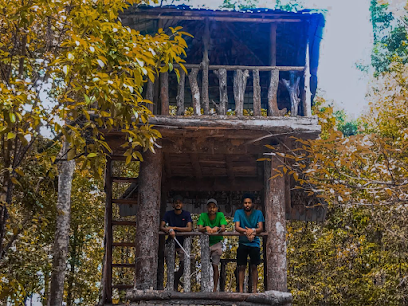
Beach Park - Galle Municipal Council
Discover tranquility at Beach Park in Galle, where lush greenery meets breathtaking ocean views for a perfect escape.
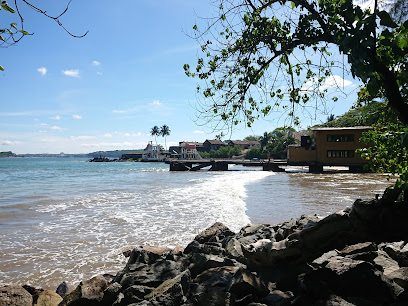
Black Galle Fort - Zwart Bastion
Explore the historic Black Galle Fort - Zwart Bastion, a UNESCO World Heritage site, and enjoy breathtaking views and cultural experiences in Galle, Sri Lanka.
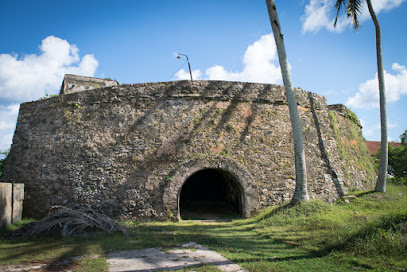
Unmissable attractions to see
Galle Dutch Fort
Discover the enchanting history and stunning coastal views of Galle Dutch Fort, a UNESCO World Heritage site in Sri Lanka.
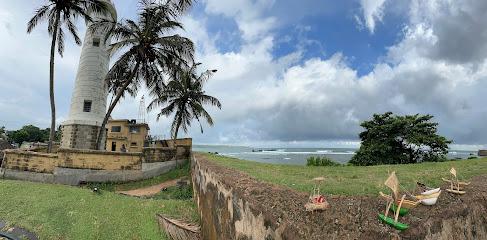
Coconut Tree Hill
Experience the breathtaking views and serene beauty of Coconut Tree Hill in Mirissa, a must-visit destination for every traveler in Sri Lanka.
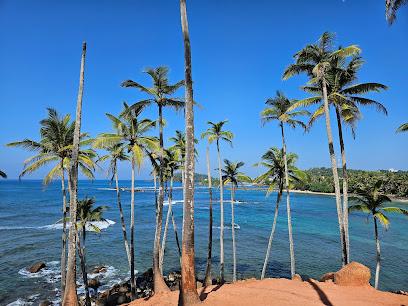
Galle Lighthouse
Discover the historic Galle Lighthouse, a stunning landmark offering breathtaking ocean views and a glimpse into Sri Lanka's maritime heritage.
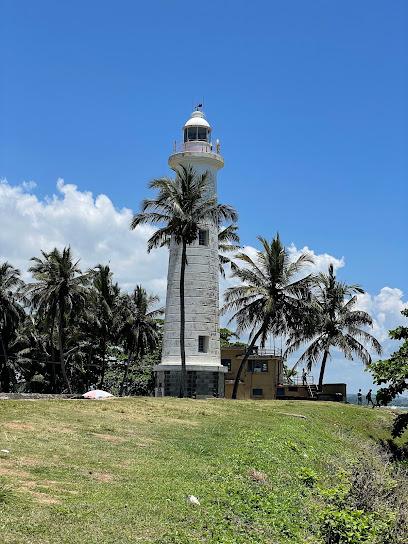
Japanese Peace Pagoda - Rumassala
Experience tranquility and stunning views at the Japanese Peace Pagoda in Unawatuna, a symbol of peace and cultural heritage.
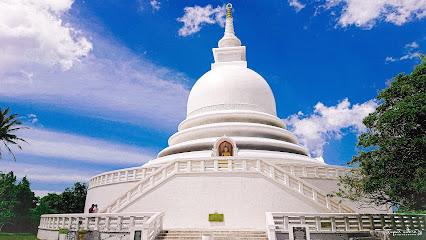
Jungle Beach
Jungle Beach: A Tropical Haven of Serenity and Adventure on Sri Lanka's Southern Coast.
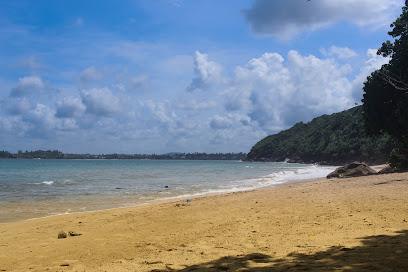
Sinharaja Forest Reserve
Explore the lush biodiversity of Sinharaja Forest Reserve, a UNESCO World Heritage site and a must-visit for nature lovers in Sri Lanka.
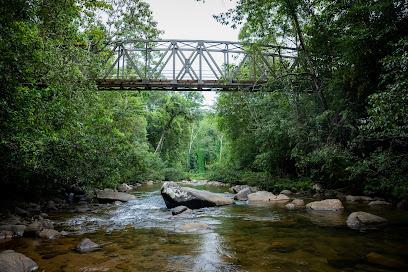
Dondra Head
Experience the breathtaking views and rich history at Dondra Head, home to Sri Lanka's tallest lighthouse and stunning coastal beauty.
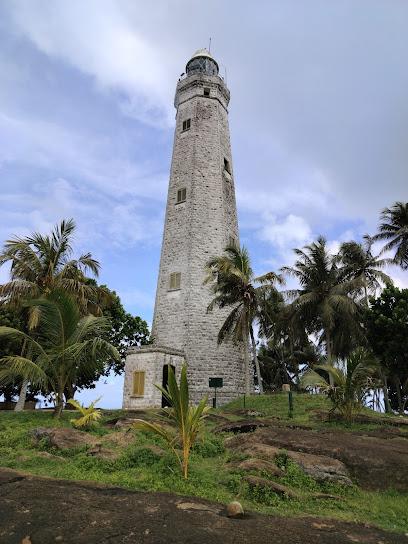
Unawatuna Beach
Discover the beauty of Unawatuna Beach, a tropical haven in Sri Lanka known for its stunning shores, vibrant marine life, and rich cultural heritage.
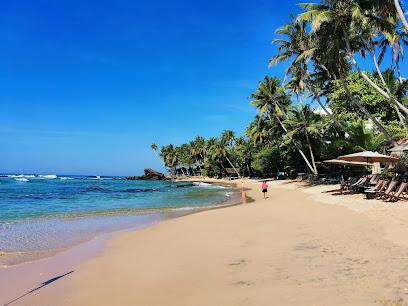
Turtle Beach - Hikkaduwa
Experience the stunning beauty and vibrant marine life at Turtle Beach, a tropical paradise in Hikkaduwa, perfect for relaxation and adventure.
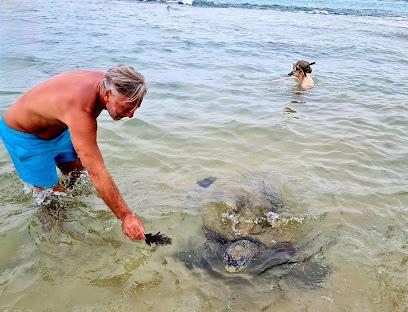
Mirissa Beach
Discover the pristine beauty of Mirissa Beach, a tropical paradise in Sri Lanka, where adventure meets relaxation by the ocean.
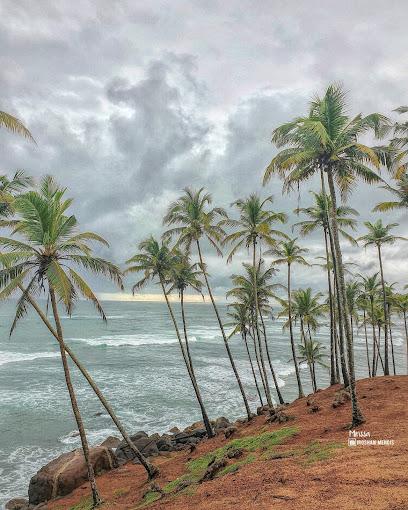
Sea Turtle Farm & Hatchery koggala
Discover the wonders of sea turtle conservation at the Sea Turtle Farm & Hatchery in Koggala, where nature and education unite for a noble cause.
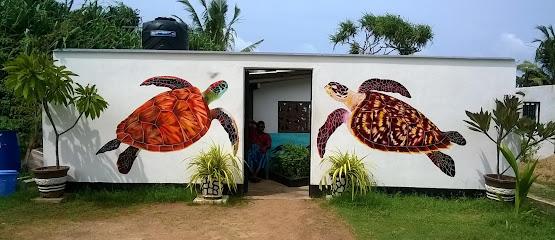
Weherahena Poorwarama Rajamaha Viharaya - Matara | වෙහෙරහේන පුර්වාරාම රජමහා විහාරය - මාතර
Discover the tranquil beauty and cultural richness of Weherahena Poorwarama Rajamaha Viharaya in Matara, a must-visit Buddhist temple for an enriching experience.
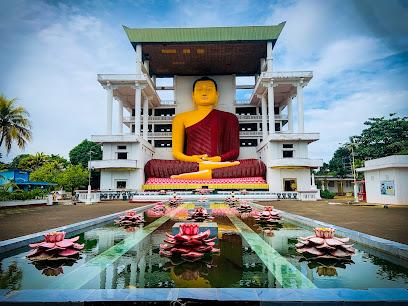
Ahungalla Sea Turtles Conservation Project
Experience the wonders of marine life at the Ahungalla Sea Turtles Conservation Project, a sanctuary dedicated to preserving endangered sea turtles in Sri Lanka.
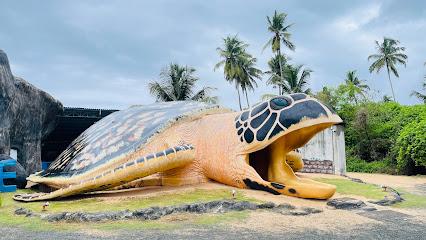
Victor Hasselblad Sea Turtle Research And Conservation Centre
Discover the Victor Hasselblad Sea Turtle Research And Conservation Centre, a vital sanctuary for endangered turtles in Kosgoda, Sri Lanka.
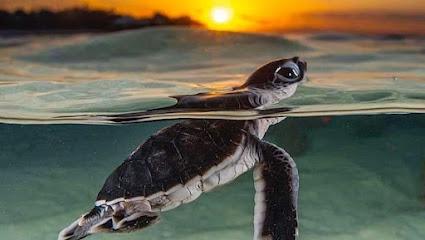
Polhena Beach
Discover the tranquil beauty of Polhena Beach, Sri Lanka, a haven for sunbathers and snorkelers alike, perfect for unforgettable coastal adventures.
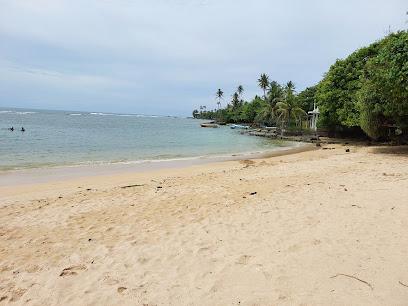
Essential places to dine
Pedlar's Inn Cafe and Restaurant
Savor exquisite seafood at Pedlar's Inn Cafe & Restaurant in Galle – where local flavors meet exceptional dining experiences.
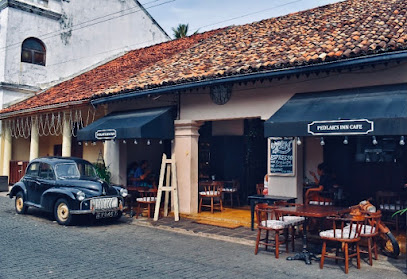
A Minute by Tuk Tuk Restaurant
Experience authentic Sri Lankan flavors at A Minute by Tuk Tuk Restaurant in Galle's historic Dutch Hospital complex.
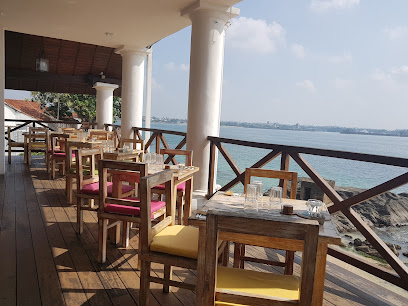
Sahana Restaurant - Megalle
Experience authentic Sri Lankan flavors at Sahana Restaurant in Galle – where every dish tells a story.
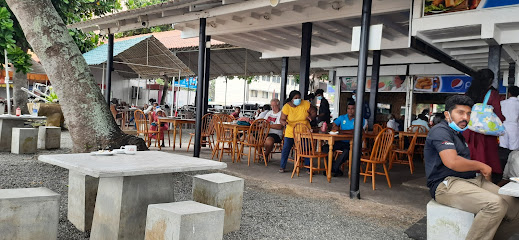
Indian Hut
Discover the vibrant flavors of India at Indian Hut in Galle - a culinary delight for every traveler seeking authentic tastes.
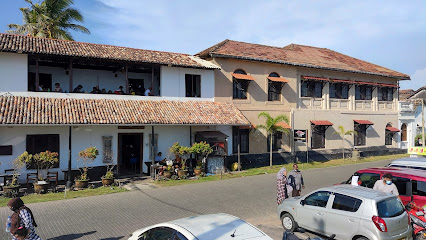
Galle Fort Restaurant
Experience exquisite Chinese cuisine at Galle Fort Restaurant, nestled within the historic charm of Galle's fortifications.
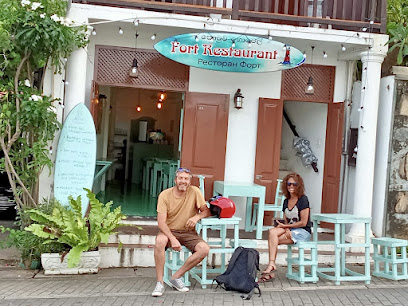
Bastille Fort Galle
Experience the best seafood in Galle at Bastille Fort Galle - a blend of coastal flavors and vibrant ambiance awaits you.
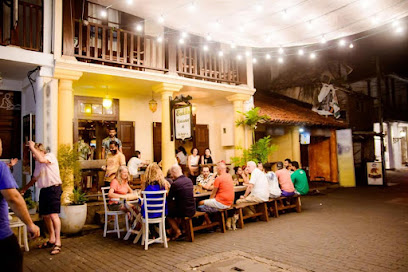
Elita Restaurant
Discover Elita Restaurant: A Seafood Paradise in Galle Offering Fresh Flavors and Authentic Sri Lankan Hospitality.
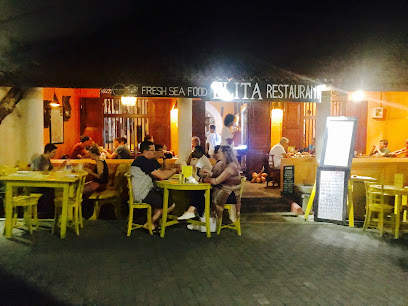
coconut sambol
Experience the authentic taste of Sri Lanka at Coconut Sambol - where every dish tells a story of tradition and flavor.
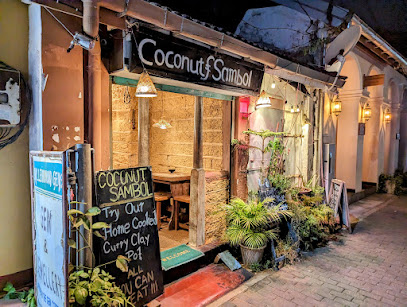
AQUA Pizza
Savor authentic Italian pizza at AQUA Pizza in Galle - where fresh ingredients meet culinary excellence.
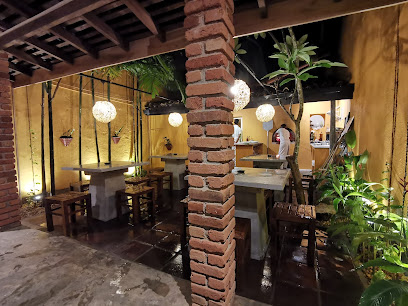
The Pasta Factory
Discover authentic Italian cuisine at The Pasta Factory in Galle – a perfect blend of tradition and modernity with gluten-free and vegetarian delights.
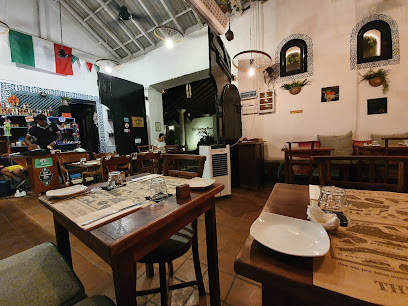
Aluroma Family Restaurant
Experience authentic Sri Lankan cuisine with breathtaking ocean views at Aluroma Family Restaurant in Galle.
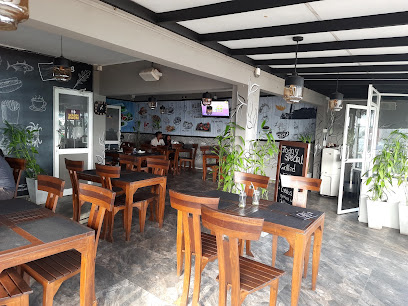
Hungry Restaurant Galle
Discover exquisite flavors and warm hospitality at Hungry Restaurant Galle – where every meal is a celebration of taste.
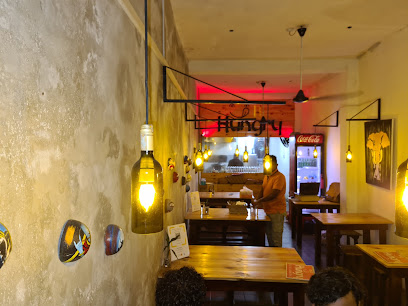
Dumplings Cafe
Discover authentic Chinese dumplings and aromatic coffee at Dumplings Cafe in Galle – a culinary experience not to be missed!
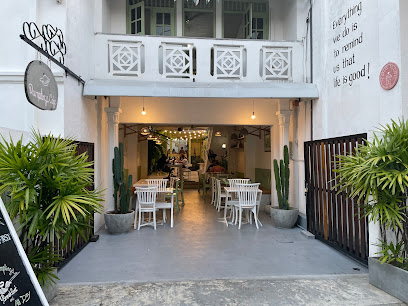
The Bungalow Galle Fort - Restaurant & Bar.
Discover exquisite Sri Lankan cuisine and vibrant cocktails at The Bungalow Galle Fort – where history meets modern culinary artistry.
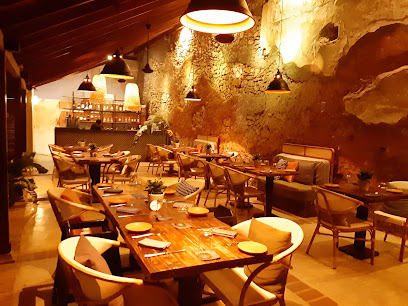
Ocean Bistro by Starbeans
Experience exquisite dining at Ocean Bistro by Starbeans in Galle Dutch Fort—where culinary delight meets historical charm.
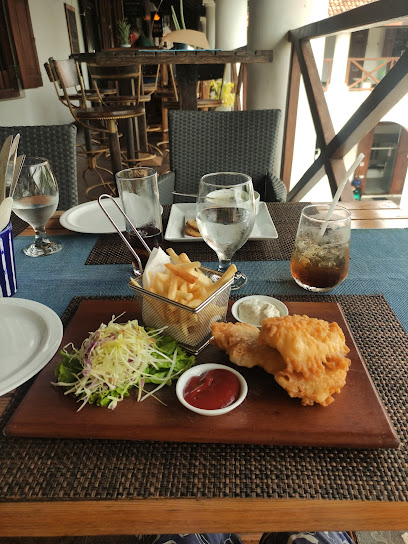
Markets, malls and hidden boutiques
Dolosmahe - දොලොස්මහේ
Explore the vibrant fashion scene at Dolosmahe in Galle, where contemporary styles meet local charm for an unforgettable shopping experience.
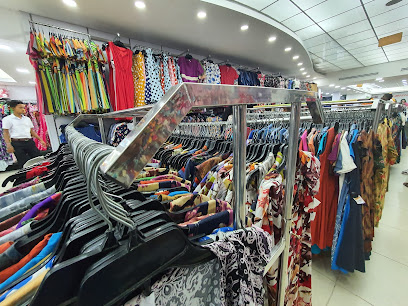
The Factory Outlet - Galle
Explore The Factory Outlet in Galle for stylish clothing at fantastic prices, perfect for every traveler looking to enhance their wardrobe.
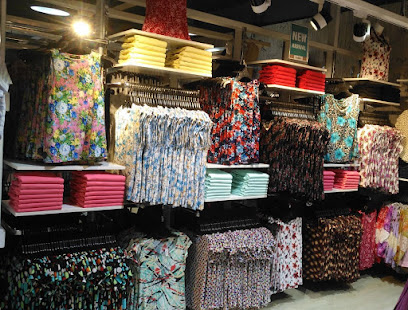
Nils Store
Discover unique fashion at Nils Store in Galle, where quality meets vibrant style in a delightful shopping experience.
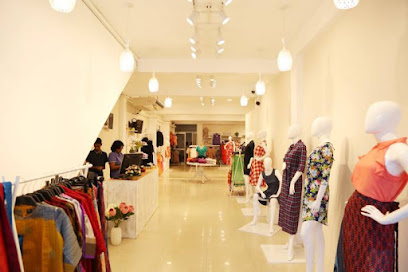
Pink Arcade
Explore the lively Pink Arcade in Galle, a shopping paradise with local crafts, delicious cuisine, and vibrant cultural events.
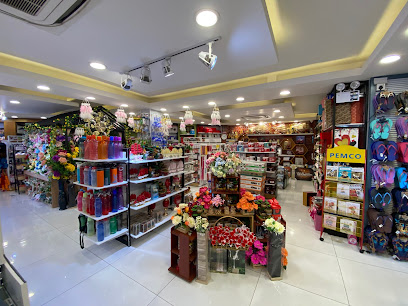
JINGLES
Discover a vibrant shopping experience at Jingles in Galle, featuring beauty products, fashion accessories, and unique gifts to enhance your visit.
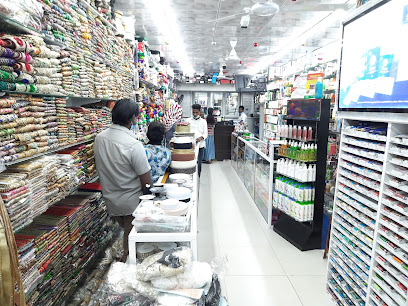
Laksala
Discover Laksala in Galle, where authentic Sri Lankan crafts and unique souvenirs celebrate the island's rich cultural heritage.
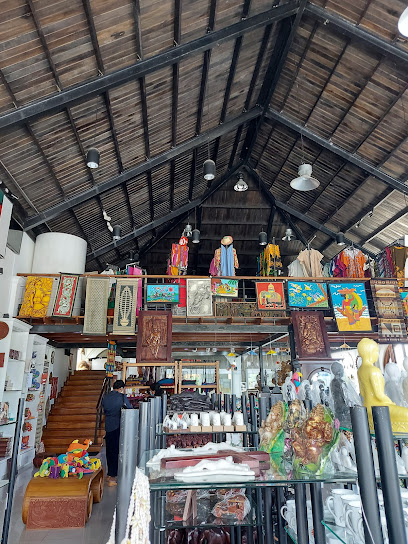
Barefoot
Discover the vibrant essence of Sri Lanka at Barefoot, where handmade crafts and unforgettable souvenirs await.
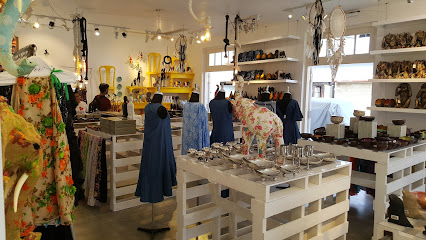
Kanthisiri (කාන්තිසිරි)
Discover unique clothing and authentic Sri Lankan textiles at Kanthisiri, a gem in the heart of Galle's vibrant shopping scene.
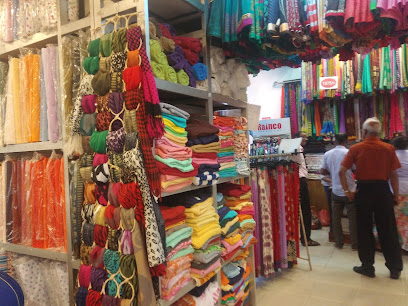
Galle Antiques
Explore Galle Antiques, where history meets charm in a treasure trove of vintage collectibles and unique artifacts.
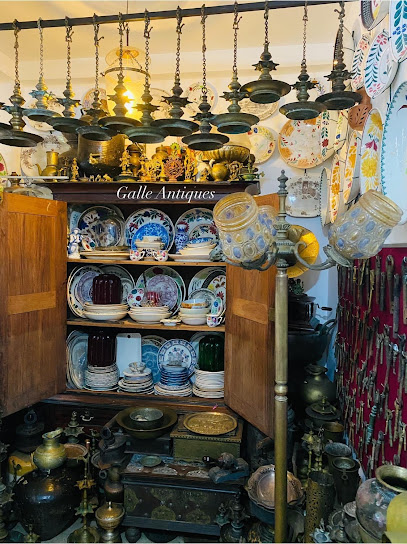
Orchid House
Discover the charm of Sri Lankan craftsmanship at Orchid House in Galle, where shopping meets cultural immersion.
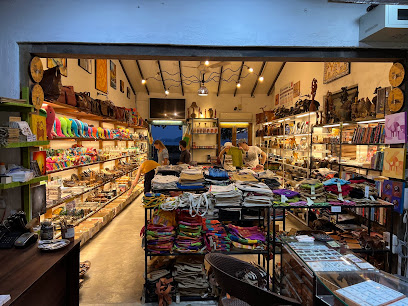
Lihiniya Gems
Explore Lihiniya Gems in Galle for exquisite handcrafted jewelry and authentic Sri Lankan craftsmanship, a true gem for every traveler.
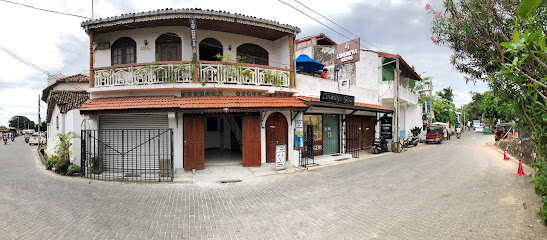
EXOTIC ROOTS Concept Store
Explore the vibrant fusion of fashion and art at EXOTIC ROOTS Concept Store in Galle, where local creativity comes alive in every piece.
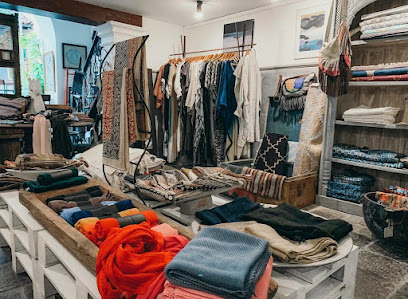
Wick’s family shop
Discover unique clothing and local crafts at Wick’s Family Shop in Galle, your go-to destination for authentic Sri Lankan fashion and souvenirs.
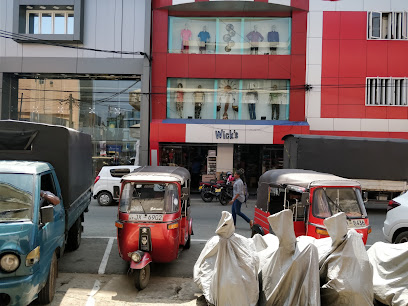
Waves Store Galle
Explore the vibrant fashion accessories at Waves Store Galle, where coastal culture meets unique style in the heart of Galle, Sri Lanka.
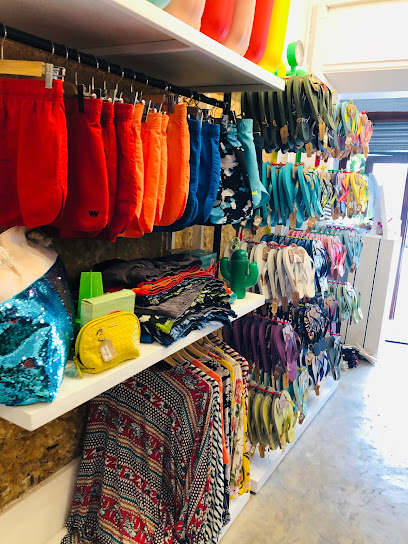
KK Boutique
Explore KK Boutique in Galle for an exquisite selection of local fashion and accessories that showcase the essence of Sri Lankan culture.
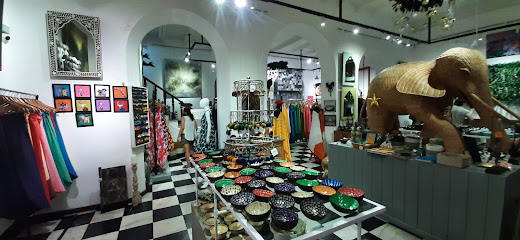
Essential bars & hidden hideouts
The Bungalow Galle Fort - Restaurant & Bar.
Experience the flavors of Sri Lanka at The Bungalow Galle Fort, a charming restaurant and cocktail bar in the heart of Galle's historic fort.
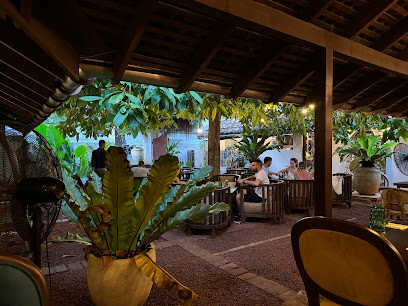
Sugar Bistro at the Heritage
Experience the flavors of Sri Lanka at Sugar Bistro, a charming restaurant in Galle serving authentic cuisine in a cozy atmosphere.
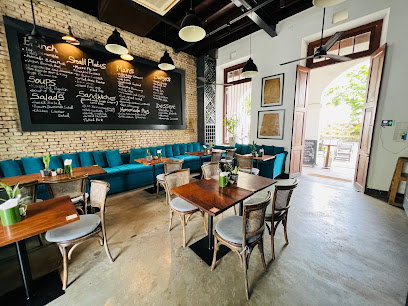
TAP HOUSE BY TRIO
Discover the vibrant atmosphere and refreshing drinks at Tap House by Trio, a charming bar located in the historic Old Dutch Hospital of Galle.
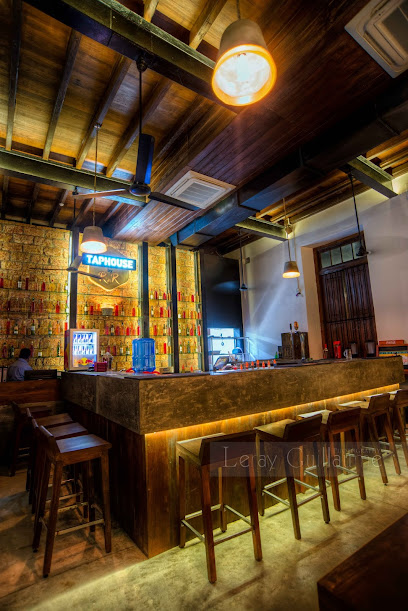
420 Crunch
Discover the delightful blend of unique fast food and local culture at 420 Crunch, nestled in the historic Old Dutch Hospital of Galle.
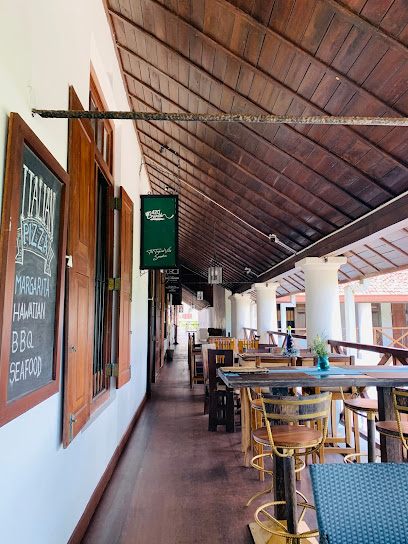
Church Street Social
Experience the vibrant flavors and welcoming atmosphere at Church Street Social, Galle's premier bar and restaurant for locals and tourists alike.
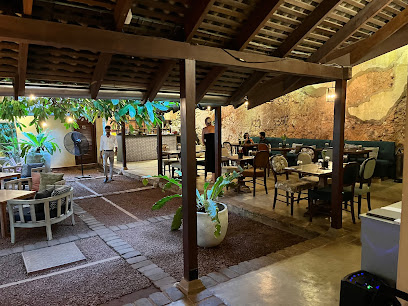
LightHouse Wine Shop
Experience the exquisite flavors of wine and the warm ambiance at LightHouse Wine Shop in Galle, the perfect retreat for wine enthusiasts.
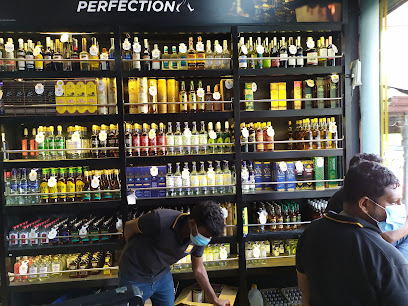
Sydney Hotel - Galle
Experience the vibrant atmosphere of Sydney Hotel in Galle, where exquisite drinks and a welcoming ambiance await every visitor.
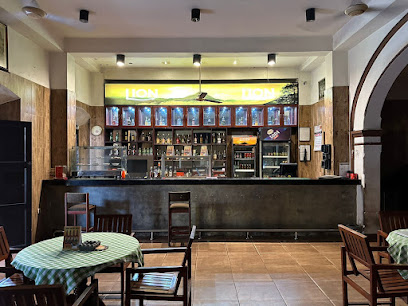
Cool Vibes Beach House - Bar & Restaurant & Surf
Discover the charm of Cool Vibes Beach House, where local flavors meet stunning ocean views in a relaxed beachside setting.
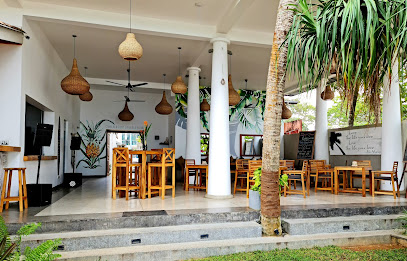
Cannon Bar & Grill (Managed By Food Cartel)
Experience the breathtaking views and flavorful cuisine at Cannon Bar & Grill, a top dining destination in Galle, Sri Lanka.
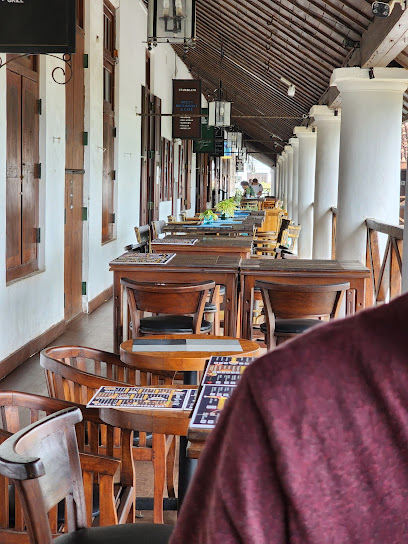
Ropewalk | Galle Fort Hotel
Discover the vibrant atmosphere of Ropewalk at Galle Fort Hotel, where history meets relaxation with exquisite drinks and stunning views.
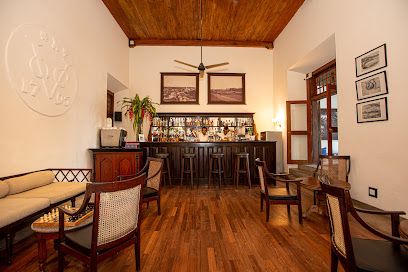
Gin Tonic Seafood Bar & Pub
Experience the best of Galle's seafood at Gin Tonic Seafood Bar & Pub, where fresh flavors meet a lively atmosphere in the heart of the Dutch Hospital Shopping Precinct.
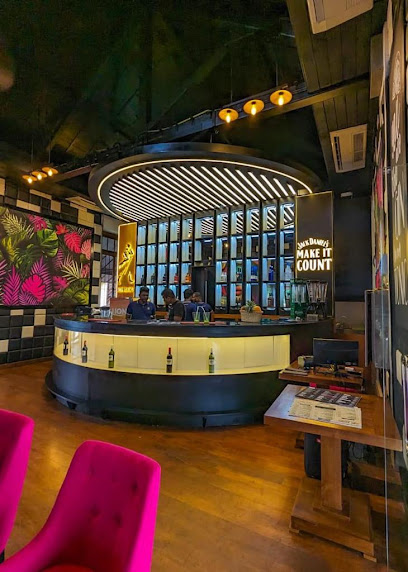
Moi Shaka Boom by DBI
Discover the lively spirit of Moi Shaka Boom, a must-visit pub in Galle Fort offering great drinks, local music, and an unforgettable atmosphere.
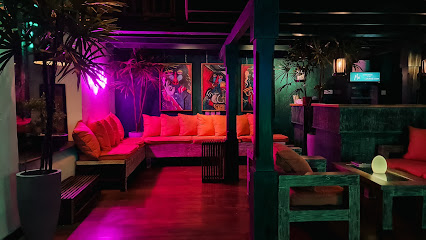
Bommu Lounge & Bar at Radisson Blu Resort, Galle
Discover the sophistication and charm of Bommu Lounge & Bar at Radisson Blu Resort, Galle – where every sip is a journey.
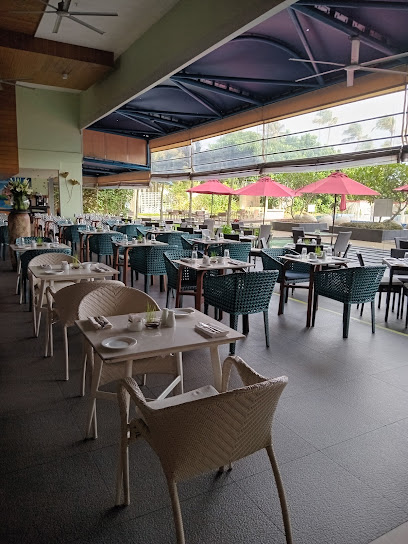
Jungle Plaza
Experience the vibrant atmosphere of Jungle Plaza in Galle, a perfect bar for cocktails and relaxation amidst tropical greenery.
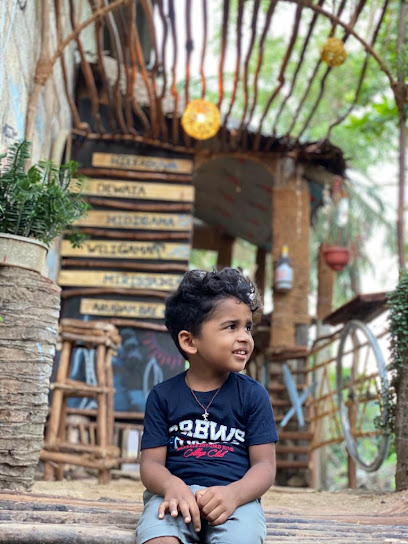
Local Phrases
-
- Helloහාලෝ
[halo] - Goodbyeවාරයා
[vaaraya] - Yesඔව්
[ow] - Noනෑ
[nay] - Please/You're welcomeකරන්න/ආයුබෝවන්
[karanna/ayubowan] - Thank youඔබට ස්තූතියි
[obata sthuthiyi] - Excuse me/Sorryසමාජයා/කණ්ඩා
[samajaya/kandaa] - How are you?ඔය කොසේ වුනා?
[oya kohse wunaa?] - Fine. And you?හොඳේ. ඔයට?
[hode. oyata?] - Do you speak English?ඔය ඉංග්රීසි කතා කරයිද?
[oya ingreesi katha karayi da?] - I don't understandමම දැනගන්නේ නෑ
[mama dannanne nay]
- Helloහාලෝ
-
- I'd like to see the menu, pleaseමම මෙනු බලන්නද?
[mama menu balanada?] - I don't eat meatමම මෙත් කෑම නෑ
[mama meth kama nay] - Cheers!සුභ උඩුවේවා!
[suba udawewa] - I would like to pay, pleaseමම ගොන්නද
[mama gonnada]
- I'd like to see the menu, pleaseමම මෙනු බලන්නද?
-
- Help!උක්කථනය!
[ukkathanaya] - Go away!ගමේබයය!
[gambe bayaa] - Call the Police!පොලිස් කෙලේද
[polis kaleda] - Call a doctor!වෛරස කෙලේද
[vairaas kaleda] - I'm lostමම මොකාවේ
[mama mokawewa] - I'm illමම අවේද්දාවේ
[mama aweddwawewa]
- Help!උක්කථනය!
-
- I'd like to buy...මම ... මේවුවා
[mama ... mewwa] - I'm just lookingමම බට පට්ටියා
[mama bat pattiyaa] - How much is it?එය කොසේ කොයා?
[eya kohse koya?] - That's too expensiveඑය තියොසියා
[eya tiyosiyaa] - Can you lower the price?ඔය මිල අඩු කලන්නාද?
[oya mila adu kalannada?]
- I'd like to buy...මම ... මේවුවා
-
- What time is it?වේලාව කොසේ කොයා?
[welawa kohse koya?] - It's one o'clockඑය එකට
[eya ekata] - Half past (10)දහයේ පස්
[dahayata pasa] - Morningපෙලේ
[pele] - Afternoonසවස
[savasa] - Eveningසමරව
[samara] - Yesterdayඊයේ
[iyee] - Todayඅද
[ada] - Tomorrowහෙනට
[henata] - 1එක
[eka] - 2දෙක
[deka] - 3තුන
[thuna] - 4හාස්
[has] - 5පහ
[paha] - 6හය
[haya] - 7හත්
[hath] - 8අශ්ච්චය
[aschchaya] - 9නවය
[navaya] - 10දහවල
[dahawala]
- What time is it?වේලාව කොසේ කොයා?
-
- Where's a/the...?... කොටින්ද?
[... kotinada?] - What's the address?ලිපිනන් කගේද?
[lipinn kageda?] - Can you show me (on the map)?මම පින්දට පොන්නද?
[mama pinat ponnada?] - When's the next (bus)?ඊලන කොටින්ද?
[iyalan kotinada?] - A ticket (to ....)ටිකට් (.... වේඩිල්ගින්)
[ticket (.... wedilgin)]
- Where's a/the...?... කොටින්ද?
History of Galle
-
Galle's history dates back over 2,000 years, with its name believed to be derived from the Sinhalese word 'Gaala,' meaning 'cattle fold' or 'harbor.' The city was a prominent trading port long before the arrival of European colonizers, attracting merchants from Arab, Persian, Greek, Roman, Malay, Indian, and Chinese origins.
-
In 1505, the Portuguese arrived in Galle, marking the beginning of European influence in the city. They built the initial fortifications, including a small fort, to secure their hold over the lucrative spice trade. The Portuguese rule lasted until the early 17th century, leaving behind a legacy of architectural and cultural influence.
-
The Dutch East India Company seized Galle from the Portuguese in 1640. The Dutch expanded and fortified the city, constructing the iconic Galle Fort, which still stands today as a UNESCO World Heritage Site. This period saw the development of intricate canal systems, public buildings, and a cosmopolitan trading hub.
-
In 1796, the British took control of Galle from the Dutch, integrating it into the British Empire's growing dominion over Sri Lanka. While the British shifted most administrative functions to Colombo, Galle remained an important port and continued to flourish as a center of trade and culture.
-
Galle Fort is a living monument, blending European architecture with South Asian traditions. It houses museums, churches, mosques, and a vibrant community. Visitors can explore its cobblestone streets, ancient ramparts, and picturesque colonial buildings, offering a glimpse into the layered history and diverse cultural heritage of Galle.
-
On December 26, 2004, Galle was devastated by a massive tsunami triggered by an undersea earthquake near Sumatra. The disaster caused significant loss of life and property, but Galle's resilient community and international aid led to a remarkable recovery. Today, Galle stands as a symbol of resilience and restoration.
-
Galle's strategic location made it a melting pot of cultures, languages, and religions. The city is home to a diverse population, including Sinhalese, Tamil, Muslim, and Burgher communities, each contributing to the rich tapestry of Galle's cultural heritage. This diversity is reflected in the city's festivals, cuisine, and daily life.
Galle Essentials
-
Galle is located on the southwestern tip of Sri Lanka. The nearest international airport is Bandaranaike International Airport in Colombo, approximately 150 kilometers away. From Colombo, you can take a taxi, private car, or the expressway bus to Galle, which typically takes around 2 to 3 hours. Alternatively, you can take a scenic train ride along the coastline, which takes about 2.5 hours and offers stunning views of the Indian Ocean.
-
Galle is a compact city, and many attractions are within walking distance. Tuk-tuks are a popular and convenient mode of transportation for short distances. For longer trips, local buses are available but can be crowded and less comfortable. Taxis and ride-sharing services like PickMe are also options. Renting a bicycle or a scooter can be a fun way to explore the city and its surroundings at your own pace.
-
The official currency in Sri Lanka is the Sri Lankan Rupee (LKR). Credit cards are accepted in most hotels, restaurants, and larger shops. However, it is advisable to carry cash, especially when visiting smaller establishments and local markets. ATMs are widely available in Galle, and you can also exchange foreign currency at banks and authorized money exchange centers.
-
Galle is generally a safe destination for tourists. However, like any travel destination, it is advisable to take standard precautions. Avoid walking alone at night in unfamiliar areas and keep an eye on your belongings in crowded places, such as markets and public transport. While there are no specific high-crime areas targeting tourists, it's always best to stay vigilant and aware of your surroundings.
-
In case of emergency, dial 119 for police assistance and 110 for medical emergencies. The local police station and hospitals in Galle are well-equipped to handle emergencies. It is recommended to have travel insurance that covers medical emergencies. For minor health issues, there are numerous pharmacies where you can purchase over-the-counter medications.
-
Fashion: Do dress modestly, especially when visiting religious sites. Avoid wearing revealing clothing. Religion: Do respect local customs and traditions. Always cover your head and remove your shoes when entering temples. Public Transport: Do be respectful and offer your seat to elderly passengers. Don't eat or drink on public transport. Greetings: Do greet people with a smile and a slight bow or a 'hello'. Handshakes are common in business settings. Eating & Drinking: Do try local delicacies and accept food offerings graciously. Don’t refuse hospitality, as it is considered impolite.
-
To experience Galle like a local, visit the bustling Galle Market where you can buy fresh produce and traditional Sri Lankan goods. Engage with locals, as they are often friendly and willing to share stories about the city's history and culture. Don't miss the Galle Fort, a UNESCO World Heritage Site, where you can explore colonial-era buildings, museums, and cafes. For a unique experience, take a stroll along the fort's ramparts at sunset for breathtaking views of the ocean.
Trending Landmark in Galle
-
Galle Dutch Fort
-
Lighthouse - Galle
-
Galle Fort Clock Tower
-
Galle Fort Attractions and Jumpers Sri Lanka
-
Sea Turtle Hatchery Centre, Mahamodara
-
Maritime Museum
-
Flag Rock Bastion | Galle Dutch Fort
-
Dutch Reformed Church
-
National Museum Galle
-
Galle Fort Ambalama
-
Historical Mansion Museum
-
Laksala
-
Kanneliya Rainforest Srilanka
-
Beach Park - Galle Municipal Council
-
Black Galle Fort - Zwart Bastion
Nearby Cities to Galle
-
Things To Do in Unawatuna
-
Things To Do in Hikkaduwa
-
Things To Do in Mirissa
-
Things To Do in Matara
-
Things To Do in Bentota
-
Things To Do in Colombo
-
Things To Do in Nuwara Eliya
-
Things To Do in Ella
-
Things To Do in Negombo
-
Things To Do in Kandy
-
Things To Do in Sigiriya
-
Things To Do in Polonnaruwa
-
Things To Do in Anuradhapura
-
Things To Do in Trincomalee
-
Things To Do in Kanyakumari













